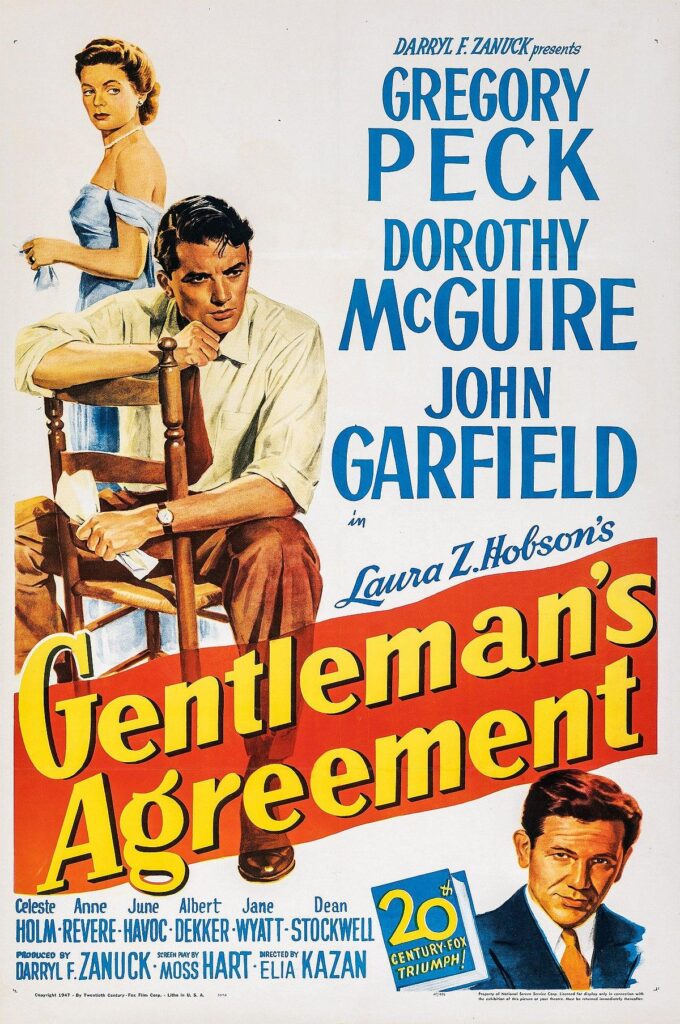In the mid-20th century, the term “Gentlemen’s Agreement” became synonymous with informal diplomacy and unspoken understandings that shaped international relations. Originally referring to an unwritten pact between the United States and Japan in 1907 aimed at curbing Japanese immigration, the agreement exemplified how nations sometimes relied on mutual trust and discretion rather than formal treaties to navigate complex political landscapes. This article explores the historical context, implications, and enduring significance of the Gentlemen’s Agreement, shedding light on a pivotal moment when diplomacy was conducted as much in whispers as in official declarations.
Origins and Historical Context Behind the Gentlemen’s Agreement
In the early 20th century, immigration became a fiercely contested issue in the United States, marked by rising anti-Japanese sentiment on the West Coast. This atmosphere of tension led to the creation of a discreet, yet impactful, informal pact between the U.S. and Japan in 1907. Unlike formal treaties, this agreement relied heavily on mutual understanding rather than written law, setting a precedent in diplomatic relations. It aimed to reduce the influx of Japanese laborers without resorting to overt hostility or legal bans, reflecting a strategic compromise amid growing economic and racial anxieties.
The nuances behind this accord can be traced through several key societal factors influencing both nations:
- Economic competition: Japanese immigrants were seen as a threat to American laborers.
- Racial tensions: Racial prejudices fueled by media and political rhetoric on the West Coast.
- International diplomacy: Both governments sought to maintain friendly bilateral relations despite domestic pressures.
| Country | Primary Motivation | Resulting Policy |
|---|---|---|
| United States | Protect labor market & public sentiment | Restricted new immigration |
| Japan | Maintain diplomatic peace & image | Voluntary immigration restraint |
Impact on International Relations and Trade Dynamics
Gentlemen’s agreements often operate beneath the surface of formal diplomacy, shaping the course of international engagements through mutual trust rather than legal obligation. These informal accords can ease tensions and foster cooperation by allowing nations to bypass bureaucratic red tape and public scrutiny. However, the lack of transparency inherent in such arrangements can also generate uncertainty, encouraging speculation and strategic ambiguity among third-party states. This dynamic has, on occasion, led to delicate balancing acts, where countries must carefully weigh the benefits of discreet collaboration against the risks of perceived exclusivity or favoritism in global affairs.
In terms of trade, gentlemen’s agreements play a crucial role in smoothing over potential disputes and facilitating smoother market access. They often prioritize flexibility, enabling quick adaptation to shifting economic conditions without the delays intrinsic to formal treaties. Key impacts include:
- Enhanced bilateral cooperation: By sidestepping formal negotiations, countries can address specific trade issues efficiently.
- Market stability: Such understandings can prevent abrupt policy shifts that might disrupt global supply chains.
- Competitive dynamics: They sometimes create informal alliances that influence market competition and pricing.
| Aspect | Effect | Example |
|---|---|---|
| Diplomatic Flexibility | Improved crisis management | US-Japan tech export restraint (1980s) |
| Trade Regulation | Reduced tariff disputes | EU steel import quotas |
| Market Coordination | Price stabilization efforts | Oil price agreements |
Lessons Learned and Recommendations for Modern Diplomatic Practices
In studying the nuanced interplay of informal agreements like the Gentlemen’s Agreement, modern diplomacy can glean valuable insights about trust-building beyond written treaties. Discretion, mutual respect, and the honoring of personal or national honor codes have shown to sustain long-lasting partnerships where formal legalities might stall progress. These unwritten pacts reveal that sometimes, flexibility and the ability to adapt swiftly to changing political landscapes are more effective than rigid contractual obligations. Notably, mechanisms ensuring accountability in such informal arrangements often rely on social and diplomatic pressures rather than enforceable legal frameworks-underscoring the power of reputation management in international relations.
Contemporary diplomats could benefit from integrating these lessons through a blend of transparency and tact, understanding when confidentiality fosters progress and when openness enhances legitimacy. Below is a concise overview of key takeaways and practical recommendations for leveraging Gentlemen’s Agreement principles in today’s geopolitical environment:
| Key Elements | Modern Applications |
|---|---|
| Informality | Encourages flexibility and quick decision-making without bureaucratic delays |
| Trust and Honor | Builds durable relationships based on mutual respect rather than legal enforcement |
| Confidentiality | Facilitates sensitive negotiations free from public scrutiny |
| Reputation Management | Leveraging international standing as a non-legal enforcement tool |
- Prioritize informal dialogue channels alongside formal ones to adapt quickly to unforeseen situations.
- Embed cultural awareness to understand honor codes unique to each party and avoid misinterpretations.
- Maintain a balance between necessary transparency and strategic confidentiality to uphold trust.
- Use reputation as leverage to ensure compliance without resorting to punitive measures.
Wrapping Up
In sum, Gentlemen’s Agreement remains a landmark work that not only exposed the pernicious nature of anti-Semitism in mid-20th century America but also challenged audiences to confront prejudice within their own communities. Its impact, both as a film and as a cultural moment, continues to resonate today, reminding us that the fight against discrimination is an ongoing effort requiring vigilance and courage. As society evolves, revisiting such works is crucial to understanding the roots of intolerance and the importance of standing against it.











